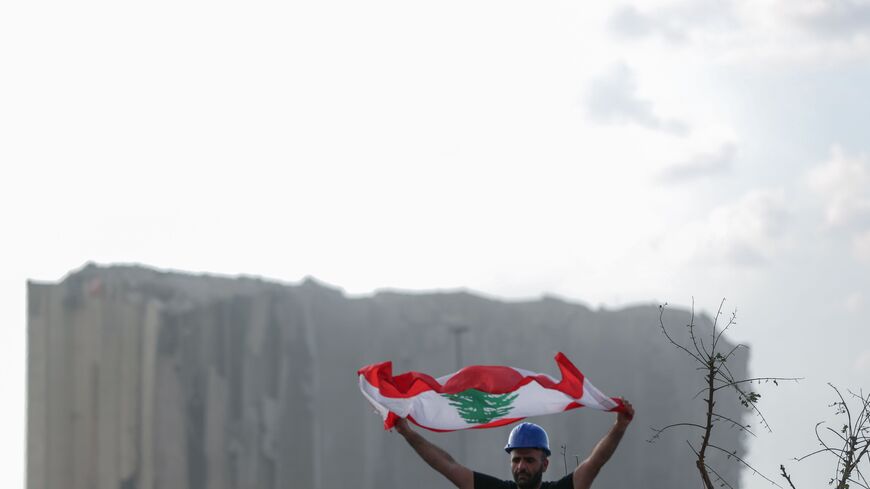BEIRUT — Lebanon on Friday marks the third anniversary of the deadly port explosion that ripped through Beirut on Aug. 4, 2020. Lebanese officials announced a national day of mourning for today, with sit-ins expected in the capital.
More than 200 people died and some 6,000 were wounded in the massive blast, which destroyed a large section of the city, leveling buildings on and near the port and shattering windows and infrastructure across the capital. The explosion stemmed from a fire at a warehouse that ignited nearly 3,000 tons of highly flammable ammonium nitrate that had been improperly stored there since 2014. Experts declared the blast one of the biggest non-nuclear explosions in history. Ripples from it could be felt in Cyprus, 250 kilometers (155 miles) away.
3 years after the Beirut blast devastated the city, killed over 200 people & injured thousands, there has been no justice for victims & their families.
— Ramzi Kaiss / رمزي قيس (@kaiss_ramzi) August 3, 2023
Today over 300 orgs & individuals call on the UN Human Rights Council to set-up an int’l investigation.https://t.co/4aGeJlnHlW pic.twitter.com/KiRUUJ2IsF
The explosion came as Lebanon reeled under a devastating economic crisis, which continues to this day. A year earlier, massive nationwide protests had erupted against the entrenched political elite that has ruled the country since the end of the civil war (1975-90). Reports that several officials and politicians had known about the presence of the chemical stockpile at the port fueled even more anger among the Lebanese people.
At the time, President Michel Aoun promised a swift and transparent probe into the blast, but three years on, no one has been held accountable for the catastrophe.
The investigation has proceeded in fits and starts and was quickly politicized. Shiite Hezbollah and its allied Amal movement repeatedly called for the removal of Judge Tarek Bitar, leading the probe into the blast, accusing him of bias. In September and October 2021, Bitar had summoned former ministers, including Hezbollah allies, to face charges of intentional killing and negligence.
In December 2021, Bitar suspended the probe amid pressure and reports of threats. After resuming his work in January this year, Bitar charged eight new suspects, including the then head of General Security, Abbas Ibrahim, and former army commander Jean Kahwaji in connection with the blast; the charges were not made public. Shortly thereafter, the country’s general prosecutor ordered the release of the suspects and charged Bitar with overstepping his powers. Since then, the investigation has been on hold.
The families of the victims are planning protests and sit-ins in Beirut for Friday afternoon to reiterate their calls for accountability and demand an international probe.
On Thursday, more than 300 organizations, survivors and families of victims urged the United Nations Human Rights Council to establish an international fact-finding mission to investigate the blast.
“The Lebanese authorities have been given every opportunity to demonstrate that they are willing and capable of holding those responsible for the explosion to account,” a joint letter addressed to the Human Rights Council reads. “But three years later, they have proven that they will use every tool at their disposal — legal and extra-legal — to evade accountability and perpetuate a culture of impunity in the country.”
The signatories also asserted, “Human Rights Council member states have a responsibility and the opportunity to support the Lebanese people’s calls for accountability, the rule of law and protection of human rights.”
In a Thursday statement, the US State Department said "the United States continues to stand with the people of Lebanon." Stressing the need for justice and accountability for those responsible for the blast, the statement added, "The lack of progress towards accountability is unacceptable and underscores the need for judicial reform and greater respect for the rule of law in Lebanon."








